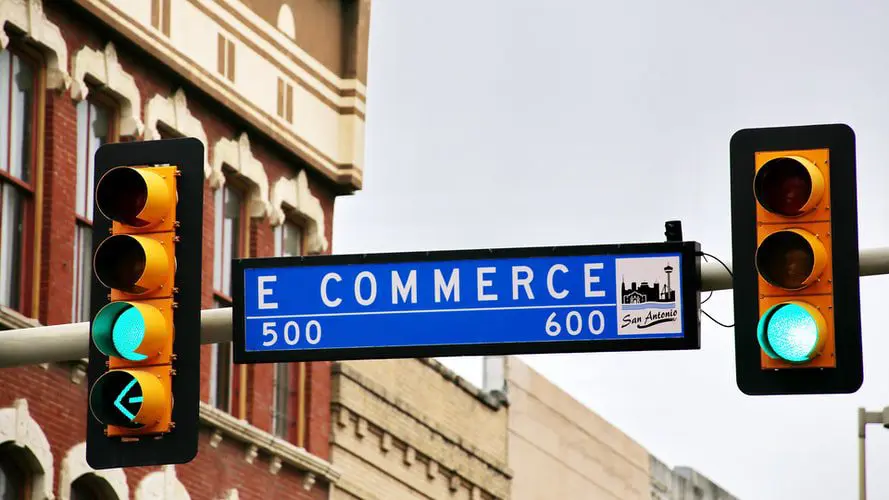The EU’s VAT system was last updated in 1993 and has not kept pace with the rise in cross-border e-commerce that has transformed the retail sector in recent years. The Coronavirus pandemic has also further accelerated the boom in online retail, and again underlined the need for reform to ensure that the VAT due on online sales gets paid to the country of the consumer. The new rules also respond to the need to simplify life for shoppers and traders alike.
The new rules come into force on 1 July and will affect online sellers and marketplaces/platforms both inside and outside the EU, postal operators and couriers, customs and tax administrations, as well as consumers.
What is changing?
As of 1 July 2021, a number of changes will be introduced to the way that VAT is charged on online sales, whether consumers buy from traders within or outside the EU:
- Under the current system, goods imported into the EU valued at less than €22 by non-EU companies are exempt from VAT. As of Thursday, this exemption is lifted so that VAT is charged on all goods entering the EU – just like for goods sold by EU businesses. Studies and experience have shown that this exemption is being abused, with unscrupulous sellers from outside the EU mislabelling consignments of goods, e.g. smartphones, in order to benefit from the exemption. This loophole allows these companies to undercut their EU competitors and costs EU treasuries an estimated €7 billion a year in fraud, leading to a bigger tax burden for other taxpayers.
- Currently, e-commerce sellers need to have a VAT registration in each Member State in which they have a turnover above a certain overall threshold, which varies from country to country. From 1 July, these different thresholds will be replaced by one common EU threshold of €10,000 above which the VAT must be paid in the Member State where the goods are delivered. To simplify life for these companies and to make it much easier for them to sell into other Member States, online sellers may now register for an electronic portal called the ‘One Stop Shop’ where they can take care of all of their VAT obligations for their sales across the whole of the EU. This €10,000 threshold is already applicable for electronic services sold online since 2019.
Rather than grappling with complicated procedures in other countries, they can register in their own Member State and in their own language. Once registered, the online retailer can notify and pay VAT in the One Stop Shop for all of their EU sales via a quarterly declaration. The One Stop Shop will take care of transmitting the VAT to the respective Member State.
- In the same vein, the introduction of an Import One Stop Shop for non-EU sellers will allow them to register easily for VAT in the EU, and will ensure that the correct amount of VAT makes its way to the Member State in which it is finally due. For consumers, this means a lot more transparency: when you buy from a non-EU seller or platform registered in the One Stop Shop, VAT should be part of the price you pay to the seller. That means no more calls from customs or courier services asking for an extra payment when the goods arrive in your home country, because the VAT has already been paid.
Already, businesses outside the EU have been registering in large numbers for the Import One Stop Shop, including the biggest global online marketplaces.






